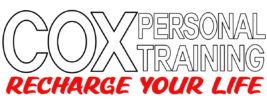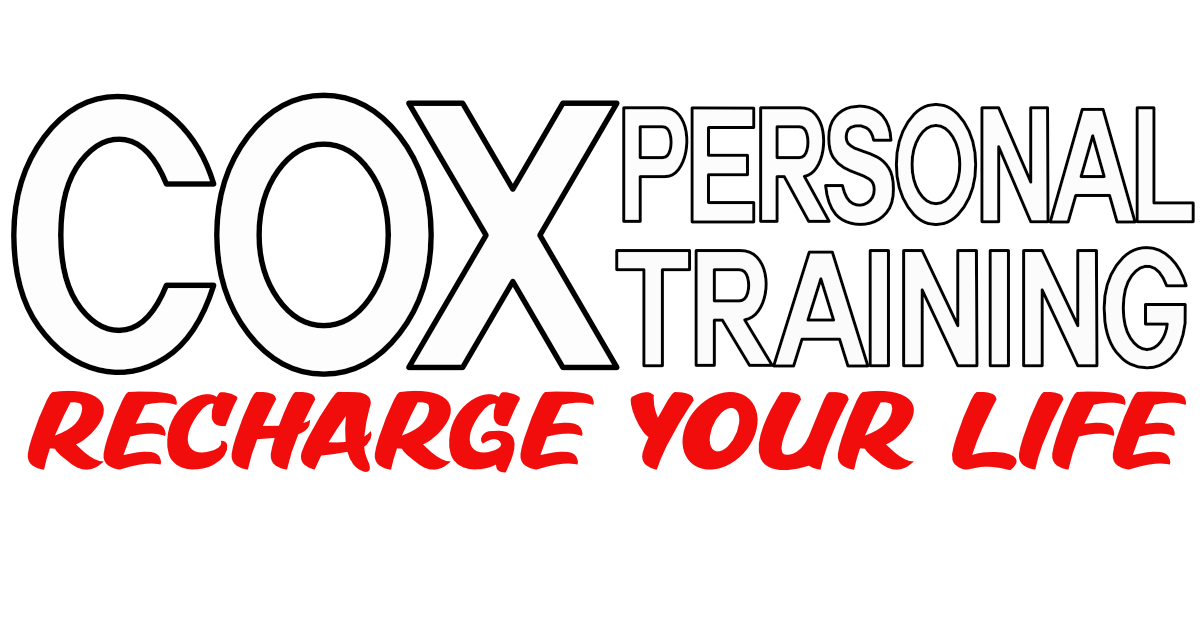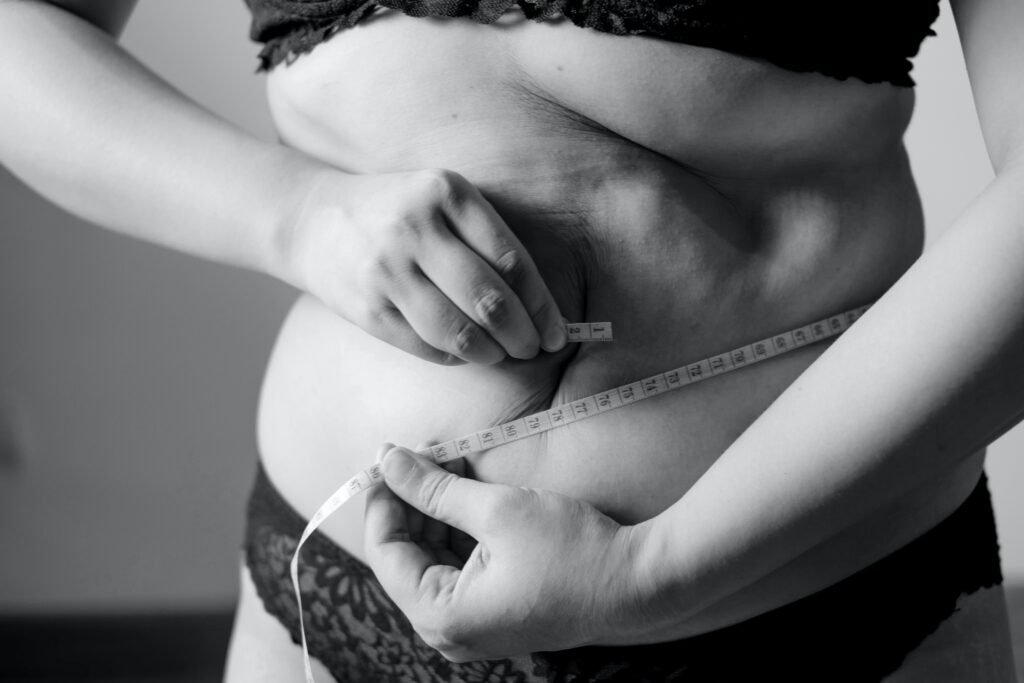Effective fat loss involves a combination of a balanced diet, regular physical activity, and lifestyle changes. Here are the three fat loss tips:
Maintain a Calorie Deficit: Fat loss ultimately comes down to consuming fewer calories than you burn. To create a calorie deficit, you can either eat fewer calories or increase your physical activity to burn more calories. A sustainable approach is to combine both strategies. Calculate your daily calorie needs and aim to consume slightly fewer calories than that to steadily lose weight. However, avoid extreme calorie restriction, as it can be unsustainable and harmful in the long term.
Prioritize Whole Foods: Focus on a diet rich in whole, nutrient-dense foods like lean proteins, fruits, vegetables, whole grains, and healthy fats. These foods are more filling and provide essential nutrients, making it easier to control your calorie intake. Minimize processed foods, sugary drinks, and high-calorie, low-nutrient items. Be mindful of portion sizes to prevent overeating.
Incorporate Strength Training: While cardiovascular exercise is beneficial for burning calories, strength training is crucial for preserving lean muscle mass and boosting your metabolism. As you lose weight, you want to ensure that you’re primarily shedding fat, not muscle. Strength training exercises, like weightlifting or bodyweight exercises, help with this. Muscle tissue burns more calories at rest than fat, so having more muscle can make it easier to maintain your weight loss.
Additionally, consider these tips to support your fat loss journey:
- Stay hydrated: Drinking enough water can help control hunger and support your metabolism.
- Get enough sleep: Inadequate sleep can disrupt hormones that regulate appetite and increase cravings for unhealthy foods.
- Manage stress: Chronic stress can lead to emotional eating and hinder fat loss efforts. Practice stress-reduction techniques like meditation or yoga.
- Set realistic goals: Aim for gradual, sustainable fat loss, typically around 1-2 pounds per week. Rapid weight loss can lead to muscle loss and may not be sustainable in the long run.
Remember that fat loss is a gradual process, and there are no shortcuts to lasting results. It’s important to consult with a healthcare professional or a registered dietitian before making significant changes to your diet or exercise routine, especially if you have any underlying health conditions. They can help tailor a plan that is safe and effective for your individual needs.
If you’d like help designing a workout tailored to your personal goals just fill out the form below.


